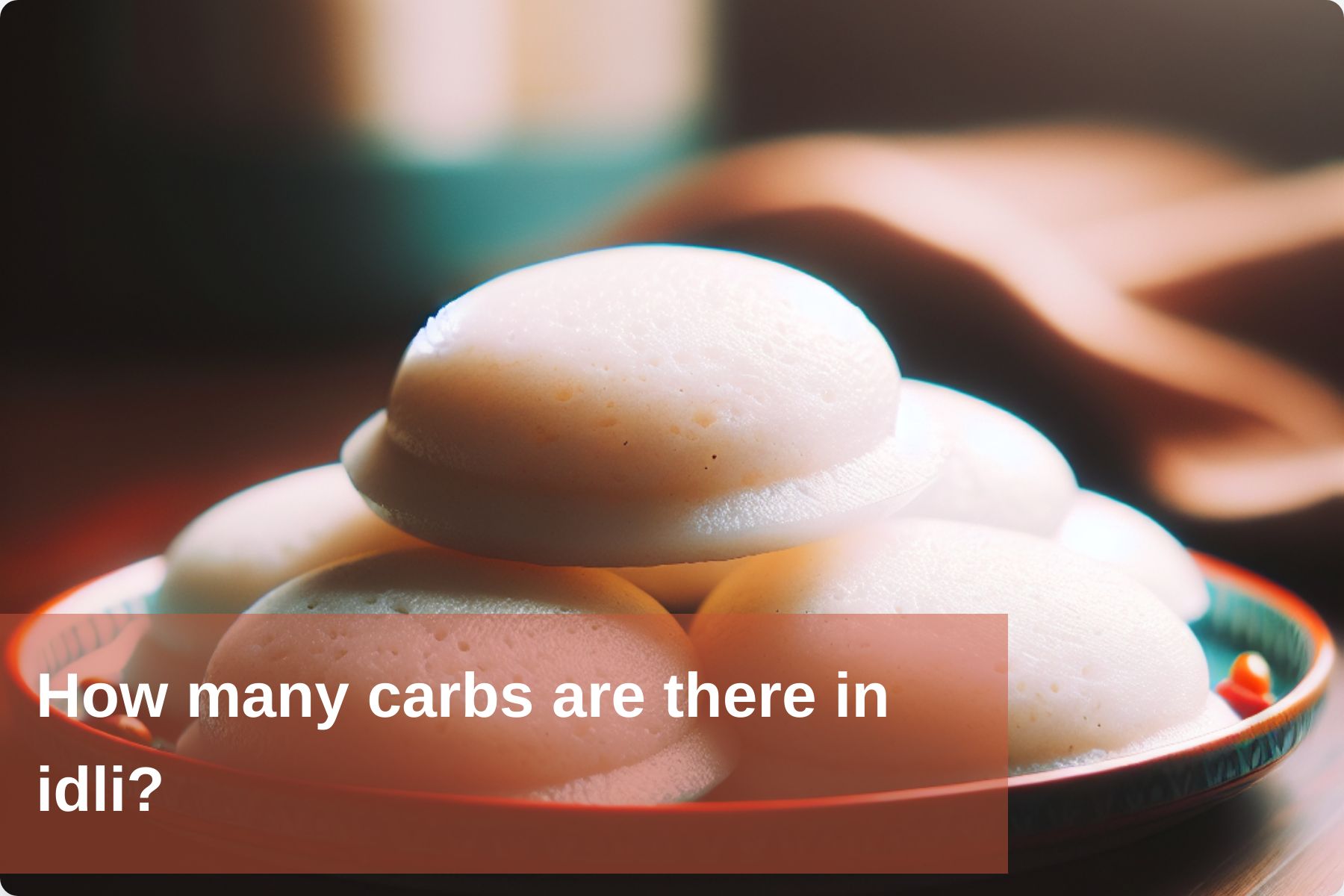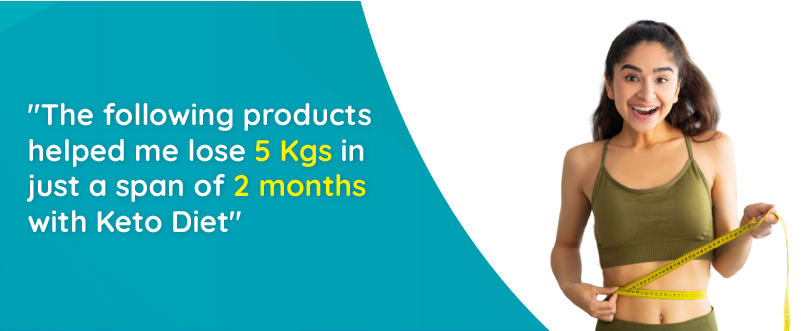
How many carbs are there in idli?
Idli, a favorite South Indian treat, has become popular worldwide. Made from a mix of fermented rice and black gram (urad dal), idli is well-known for its yummy taste and as a healthy dish.
Recently, more people care about the nutrition in their favorite foods, and idli is no different. With a growing interest in staying healthy, folks are checking the nutrition in their meals. Carbs are a big topic in diet talks, and many are curious about them.
As we look into the carbs in idli, it's clear that understanding what's in our favorite dishes helps us make smart food choices. Let's explore the nutritional side of idli, especially its carbs, and see how this South Indian dish fits into the healthy eating goals of many.
Idli Composition
Exploring the heart of idli, let's break down the basic stuff that makes it special. Idli is mostly made from a mix of rice and urad dal. The batter goes through a fermentation process, which boosts its taste and nutrition.
Rice is a key player here, giving us the energy we need from carbs. Urad dal adds protein, making idli a good choice for those wanting more protein in their diet. The fermentation not only makes idlis light and fluffy but also boosts their nutrition by bringing in helpful bacteria.
Knowing what's in our food is important for a balanced diet. In the case of idli, the combo of rice and urad dal not only gives a tasty experience but also packs in essential nutrients. Recognizing the nutrition in idli reminds us to mix up our meals with different ingredients for a well-rounded and nourishing diet. Stick around to learn more about idli's carb content and how it fits into our overall nutrition.
Nutritions per 100 grams of idli:
Idli Nutrients (Per 100 grams) |
|
Carbohydrates |
41 grams |
Fats |
0 grams |
Protein |
6 grams |
Sodium |
5 mg |
Potassium |
0 mg |
Carbohydrates in Idli
Now, let's take a closer look at the important part of our nutritional journey – the carbs in idli. Idli is not just tasty, but it also gives us a good amount of carbohydrates. The main source of these carbs in idli is the rice used in making the batter.
Carbs are essential for giving us the energy we need for our daily activities, so they're an important part of our diet. In idli, the carbs are not only about how much there is but also about the type. The carbs from the rice in idli are complex, meaning they release energy slowly. This helps keep our body fueled throughout the day.
For those keeping an eye on their carb intake, it's important to know the different types of carbs. Idli mostly has complex carbs, which are good for keeping our blood sugar levels steady. This is especially important for people dealing with conditions like diabetes or those who want a steady energy supply without the ups and downs that come with simple carbs.
If you're curious about the numbers, there are usually around 40-50 grams of carbs in 100 grams of idli. This puts it in the moderate carb category, suitable for various dietary preferences. As we explore idli's nutrition, focusing on carbs gives us a complete view of how it affects our overall health. Stick with us for more insights into the details of this beloved South Indian dish.
Factors Influencing Carbohydrate Content
Let's look into the things that can change how many carbs are in idli, focusing on the small details that affect how healthy it is. Idli is a flexible food, and people make it differently depending on where they live and their personal preferences.
The main ingredients in idli are rice and urad dal, but the types of rice and the amounts used can be different, which affects how many carbs idli has. Even the way you mix rice and urad dal can change how idli feels and how many carbs it contains.
The process of letting the idli batter ferment is a crucial step. How long and under what conditions it ferments can change the structure of the carbs, which might affect how it affects your blood sugar. For those who want to control their carb intake, it's important to understand these differences to make better food choices.
It's good to know that ready-made idli mixes might not have the same amount of carbs as homemade idli. They sometimes include extra things like semolina or fenugreek seeds, adding more complexity to the nutrition.
Exploring these factors is helpful for people who care about how many carbs they eat. Whether you want less carbs or are okay with a normal amount, understanding these details about idli lets you make choices that match your health goals. In the next part, we'll sum up what we learned about idli's nutrition.
Our verdict on eating idlis
In summary, we've explored the nutrition of idli, a popular South Indian dish. We started by talking about how idli is not just tasty but also good for you. People are curious about its nutritional value, especially in terms of carbs.
We looked closely at what makes up idli, focusing on rice and urad dal, which make it nutritious. The fermentation process, unique to idli, adds to its health benefits. Then, we talked about carbs in idli, seeing them not only as energy but as important for overall well-being.
We found out that idli has about 40-50 grams of carbs per 100 grams, which is essential information for those keeping an eye on carbs.
We also explored how different recipes and ingredients can change the carb content. This knowledge helps people choose idli based on their dietary needs and health goals.
In conclusion, it's crucial to be aware of carb intake while enjoying idli. Whether you want a moderate or low-carb option, idli can fit into different diets. I encourage you to make smart choices about what you eat, keeping your nutrition goals in mind. Let idli be a tasty and healthy part of your balanced lifestyle.
This Blog post is an initiative by Lo Foods, to provide accurate and Nutritionist / Doctor approved information related to Health. Lo Foods is India's leading brand for Everyday Functional Foods. Foods designed for specific Health conditions or Needs. Lo Foods also runs India's largest range of Low Carb Healthy Cloud Kitchens, under the brand names of Lo!, ProteinChef, ATH (All Things Healthy) and DiabeSmart.

















Leave a comment
Your email address will not be published.